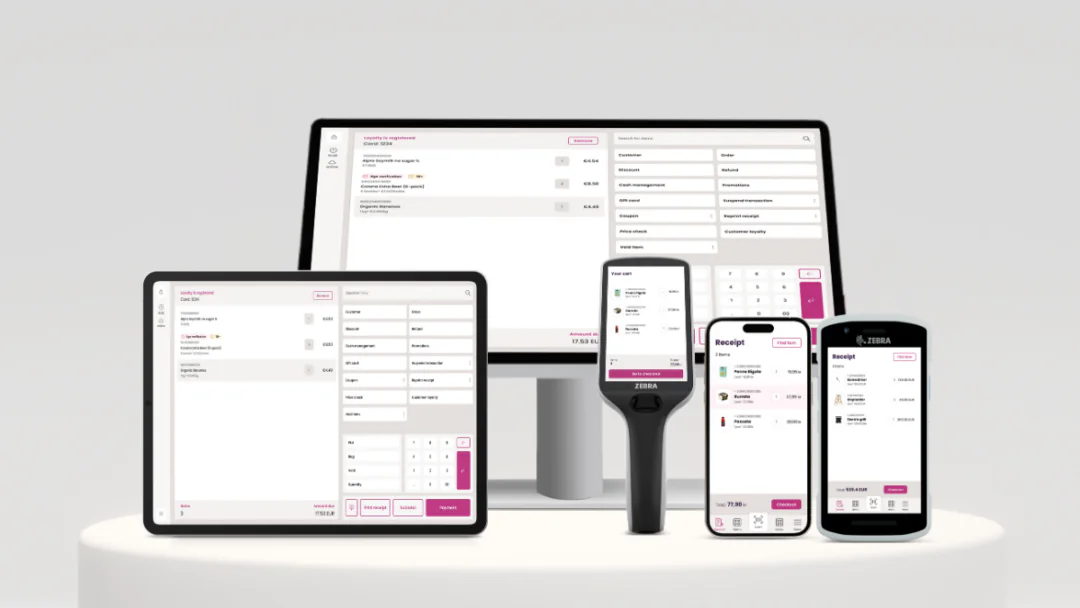Why POS Systems Are a Must-Have for Modern Businesses

In today’s fast-paced business environment, efficiency, accuracy, and customer satisfaction are more important than ever. Whether you run a retail store, a restaurant, or a service-based company, the way you manage sales and operations can make or break your success. This is where Point of Sale (POS) systems come in. Far from being just a tool for processing payments, modern POS systems have evolved into powerful business management solutions that help companies stay competitive. Here’s why POS systems are a must-have for modern businesses.
1. Streamlined Transactions and Faster Checkouts
One of the most immediate benefits of a POS system is its ability to process transactions quickly and accurately. Unlike traditional cash registers, a POS system allows businesses to accept multiple payment types such as credit cards, mobile wallets, contactless payments, and even online orders in one place. Faster checkouts not only save time but also improve the customer experience, ensuring shoppers leave satisfied instead of frustrated.
2. Real-Time Inventory Management
Managing stock manually is time-consuming and prone to errors. Modern POS systems automatically track your inventory in real-time, updating quantities every time a sale is made. This means you always know which items are running low, which products are best-sellers, and which ones are sitting on shelves too long. Automated inventory alerts prevent stockouts and overstocking, saving businesses both money and stress. For retailers and restaurants, this feature is especially valuable as it reduces waste and ensures smooth day-to-day operations.
3. Data-Driven Decision Making
In the past, business owners often had to rely on guesswork or lengthy spreadsheets to understand performance. POS systems change this by providing detailed reports and analytics at the click of a button. From sales trends and customer preferences to peak business hours, the insights generated by POS software empower owners to make smarter, data-driven decisions. For example, a clothing retailer can use POS data to determine which styles are most popular, while a café can track which menu items sell best during certain times of the day.
4. Enhanced Customer Experience
Today’s consumers expect convenience and personalization. POS systems support features such as loyalty programs, gift cards, and personalized promotions, helping businesses build stronger relationships with their customers. They also make it easy to handle returns, exchanges, and refunds seamlessly, which boosts customer trust and satisfaction. A smoother, more efficient shopping experience encourages repeat visits and long-term loyalty.
5. Multi-Channel Integration
Modern businesses often sell through multiple platforms—physical stores, online shops, and even pop-up events. A cloud-based POS system integrates all these channels, ensuring sales and inventory are updated in real time across every location. This omnichannel approach means customers can buy online and pick up in-store, or return in-store what they purchased online, without causing confusion. For businesses, it simplifies management and creates a consistent brand experience across all touchpoints.
6. Cost and Time Savings
While some may view POS systems as an expense, they are actually a long-term investment that saves money. Automation reduces the need for manual work, minimizes costly errors, and cuts down on paperwork. Staff spend less time managing transactions and inventory, leaving them more time to focus on customer service and sales. Over time, the efficiency gained more than offsets the initial cost of the system.
7. Security and Compliance
Handling sensitive customer data and payment information requires strong security measures. POS systems are designed with built-in encryption and fraud prevention tools that protect both businesses and customers. They also help ensure compliance with tax regulations by generating accurate sales and tax reports, which reduces the risk of financial errors and penalties.
Final Thoughts
The business landscape is evolving rapidly, and staying ahead requires the right tools. A modern POS system is no longer just a luxury—it’s a necessity. By streamlining transactions, managing inventory, providing insights, enhancing customer experience, and ensuring security, POS systems help businesses operate smarter and more profitably.
If you’re running a business in 2025 and beyond, adopting a POS system is one of the smartest investments you can make to stay competitive, efficient, and customer-focused.






